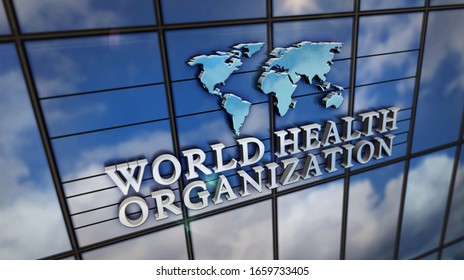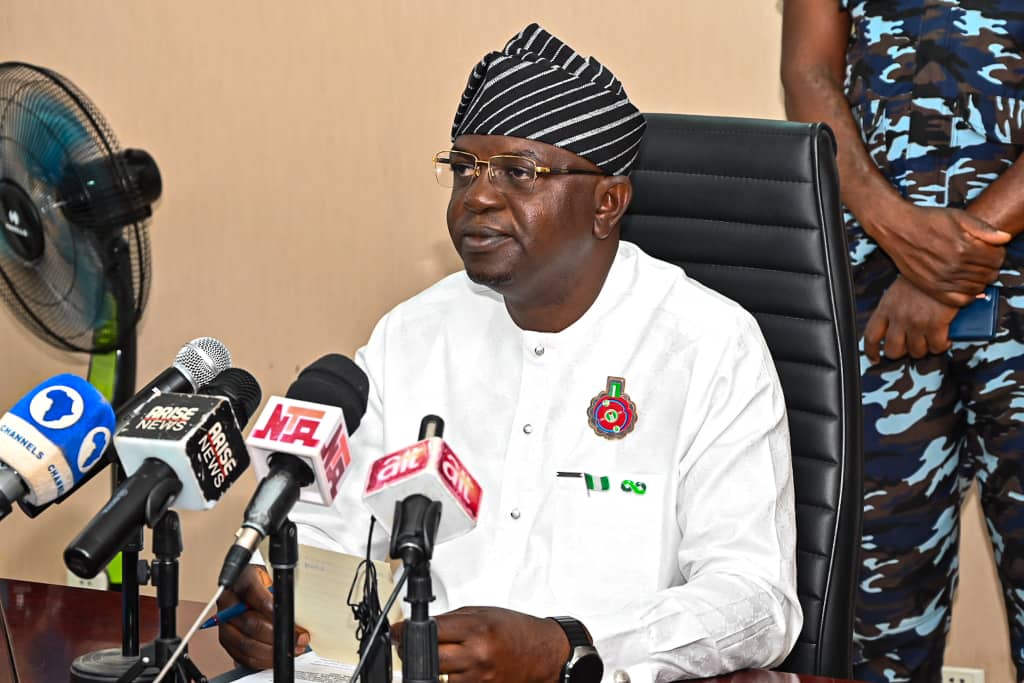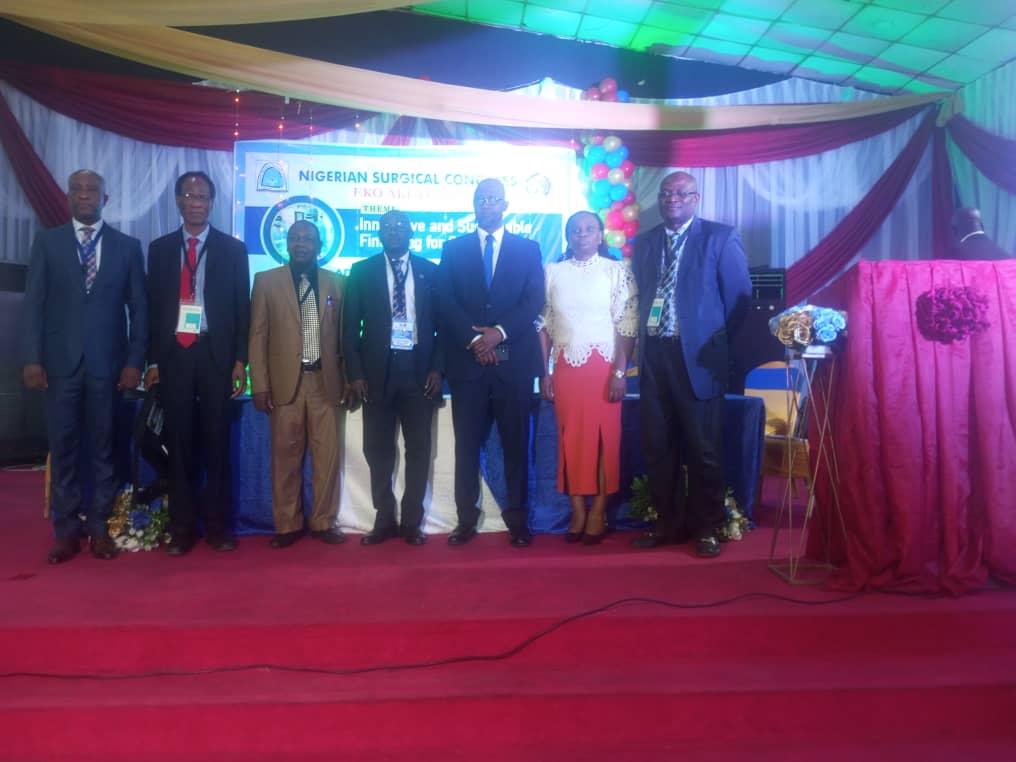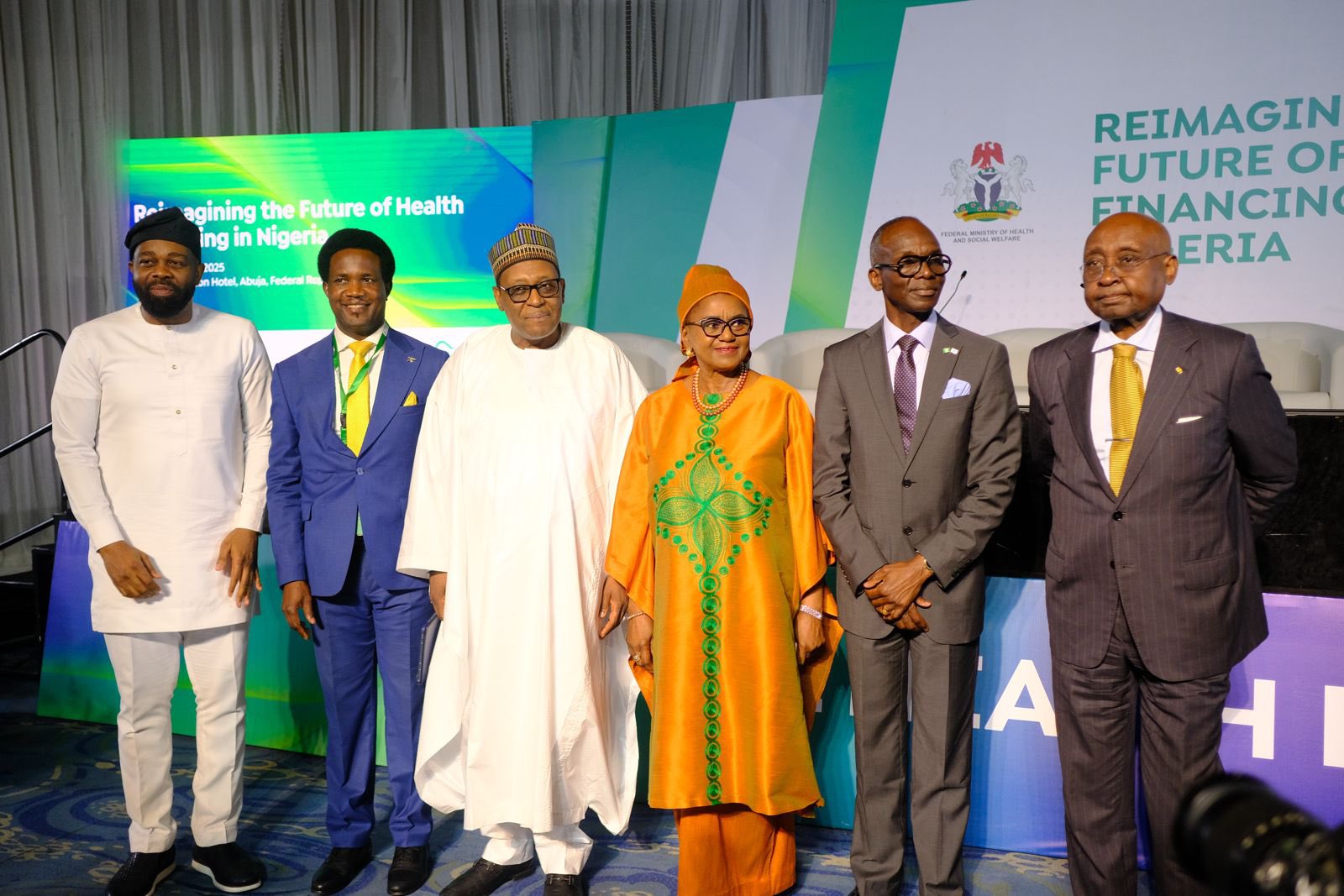
On International Nurses Day 2025, the World Health Organization (WHO) has sounded an urgent alarm over the deepening nursing crisis across the continent, warning that unless African nations ramp up investments in nurses, the region risks undermining health systems and stalling progress towards universal health coverage.
As the world celebrates International Nurses Day under the theme “Our Nurses. Our Future. Caring for Nurses Strengthens Health Systems and Economies,” the WHO Acting Regional Director for Africa, Dr. Chikwe Ihekweazu highlighted the dual role of nurses as the backbone of healthcare and the frontline in emergencies.
While convening this information through a message on Saturday, the WHO Acting Regional Director emphasized that it also draws attention to critical and worsening gaps in Africa’s nursing workforce.
Despite recent gains—including nearly doubling the number of nurses from 900,000 in 2018 to 1.7 million in 2023—the continent still faces one of the lowest nurse-to-population ratios globally, at just 14.1 per 100,000 people. This is more than ten times lower than the ratios in high-income countries. Nurses also make up 66% of Africa’s projected shortfall of 6.1 million health workers by 2030.
Key Issues Raised in the 2025 Report:
Severe Shortages: Although the global nursing workforce has grown to 29.8 million, nearly 80% are concentrated in areas serving only 49% of the global population, leaving African nations critically underserved.
Youthful yet Under-supported Workforce: With 43% of nurses under age 35, many face limited access to mentorship and career development opportunities.
Brain Drain: 42% of African nurses intend to emigrate, contributing to a growing exodus to high-income countries, where foreign-born nurses make up nearly a quarter of the workforce.
Funding Gaps: African countries face a 43% shortfall in health workforce financing, with nearly one in three health professionals—mostly nurses and midwives—unemployed or underemployed.
Gender Disparities: Despite comprising 85% of the nursing workforce, women face a 7% gender pay gap and limited leadership opportunities.
Still, there are signs of progress. The 2024 endorsement of the Africa Health Workforce Investment Charter has led countries like Zimbabwe to develop Investment Compacts, with Zimbabwe alone aiming to mobilize an additional $166 million annually over the next three years for workforce development.
Recommendations from the Report:
Scale up nursing education and introduce advanced practice roles.
Improve working conditions, pay equity, and mental health support.
NMCO, CAC Partner to Strengthen Compliance, Transparency in Mining Sector
Close the gender pay gap and support nursing leadership, including empowering Chief Nursing Officers.
“Nurses are more than caregivers. They are innovators and educators who serve in the toughest environments,” said Dr. Ihekweazu. “Today, we must go beyond celebration we must act. Africa’s health future depends on it.”
Call to Action:
The WHO urges governments, partners, and global donors to prioritize the health workforce as a central pillar of resilient health systems. Only by investing in, protecting, and respecting nurses can Africa build equitable healthcare for all.





